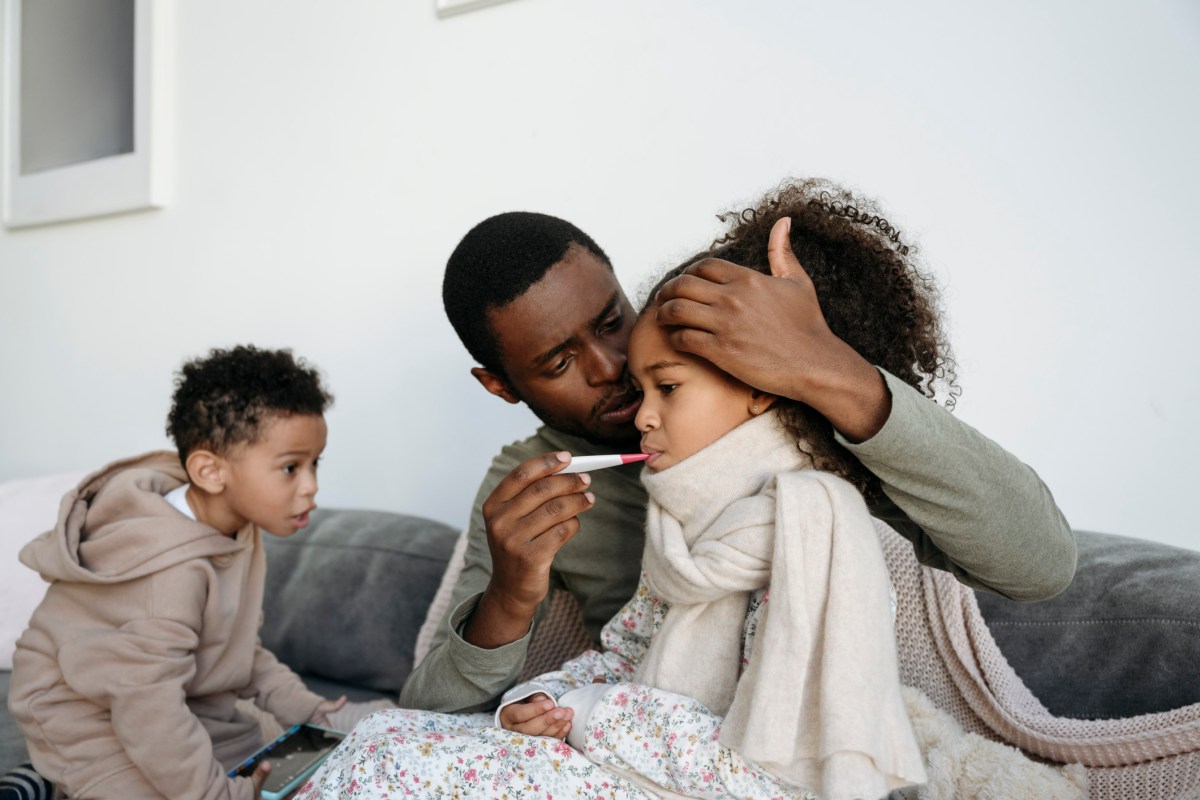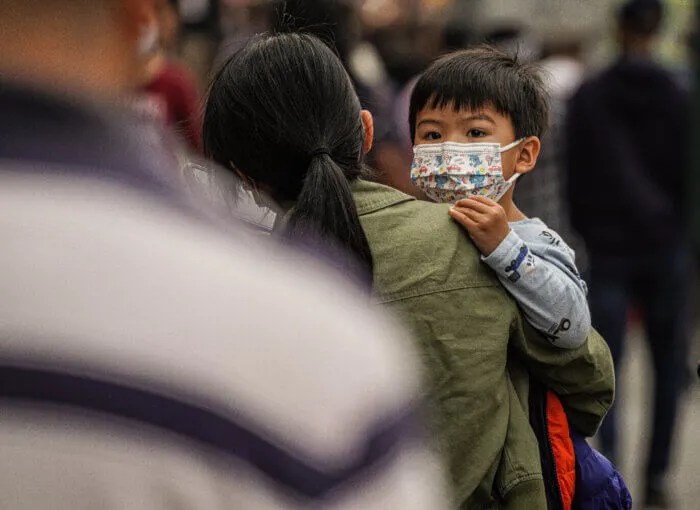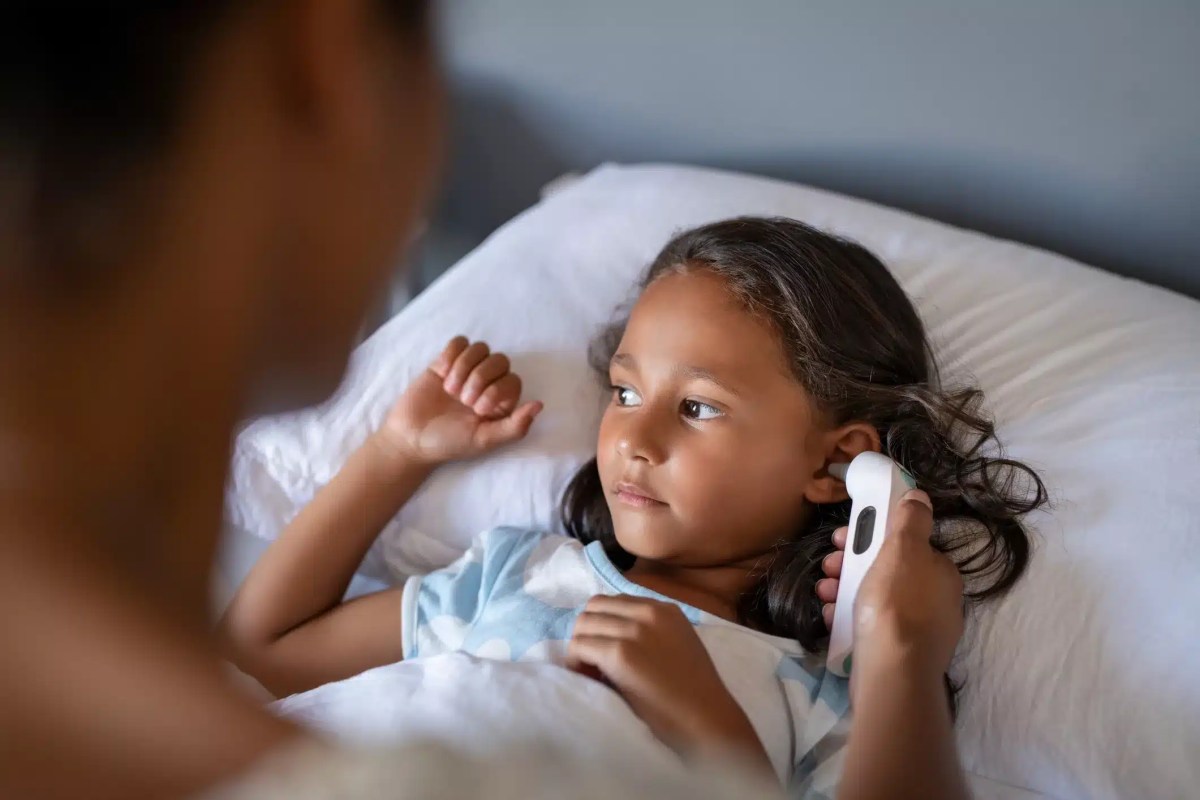As cold and flu season brings a tripledemic of flu, RSV, and norovirus to the forefront, many parents are feeling the stress of keeping their kids healthy and safe. It seems like everywhere you look in school or at work, someone is either coming down with an illness or getting over one. With schools, daycares, and social activities serving as breeding grounds for these viruses, it’s vital for parents to understand how to protect their kids and also know when it’s time to seek medical help.
We asked Dr. Maja Castillo, Healthfirst’s Pediatric Medical Director, to share her expert advice on how to handle common illnesses, spot red flags, and use simple everyday strategies to cut down on germ spread.
We’re hearing a lot about the tripledemic this year. What makes the flu, RSV, and norovirus especially tricky for kids right now, and why should parents be extra careful?
The tripledemic is challenging because these viruses can spread quickly in schools and daycares where kids are in close contact. RSV can cause severe breathing problems in young children, and the flu and norovirus can lead to pneumonia and other complications. While immune systems in young children are still developing, they are more vulnerable to infections and are at higher risk of contracting others. It’s important that parents keep a close eye on any symptoms such as dehydration or lethargy which require medical attention.
What are some simple, everyday ways parents can help stop the spread of these viruses, especially with kids in school or daycare?
Simple steps like frequent handwashing with soap, teaching kids to cover their coughs and sneezes, and regularly disinfecting high-touch surfaces can help reduce the spread of viruses. Keeping kids home when they are in the first few days of illness or when they have a fever and are most contagious is also crucial to protecting others in shared spaces.
When it comes to keeping kids healthy this season, what are the must-know vaccines and hygiene tips that every parent should follow?
Ensuring children are up to date on flu vaccines is essential, and age-eligible children [over the age of 6 months] should also get the COVID-19 vaccine. Recent data from the New York State Department of Health shows that reported flu cases have increased 19% statewide, with significant spikes across New York City. I encourage proper hand hygiene, avoid sharing utensils or cups, and maintain good nutrition and sleep habits to support their immune systems.
How can parents tell the difference between flu, RSV, and norovirus symptoms in their kids? Which is the most concerning, and what warning signs should they watch out for?
The flu often comes with fever, body aches, and fatigue, while RSV typically causes wheezing and difficulty breathing. Norovirus leads to vomiting and diarrhea. In terms of warning signs, breathing difficulties like rapid shallow breaths, high fever, lethargy, or signs of dehydration (like fewer wet diapers or dry mouth) are concerning and may require prompt medical attention. Most importantly, whenever in doubt, call your pediatrician or schedule a visit for your child to be evaluated.
At what point should parents be worried enough to take their child to the doctor or ER when they’re sick? What are the key signs that it’s time for medical help?
I recommend parents seek medical help if their child has difficulty breathing, persistent high fever for longer than 3 days, severe dehydration, or if they appear unusually lethargic or unresponsive. Babies under two months with a fever should always be evaluated by a doctor promptly. As a pediatrician, I always recommend trusting your instincts. If you are ever in doubt, do not hesitate to call your pediatrician even if it’s overnight, or if needed seek urgent medical attention at your local emergency center. You should also consult with your pediatrician if you have any questions about the flu and COVID-19 vaccines.
This story first appeared on our sister publication newyorkfamily.com.
































